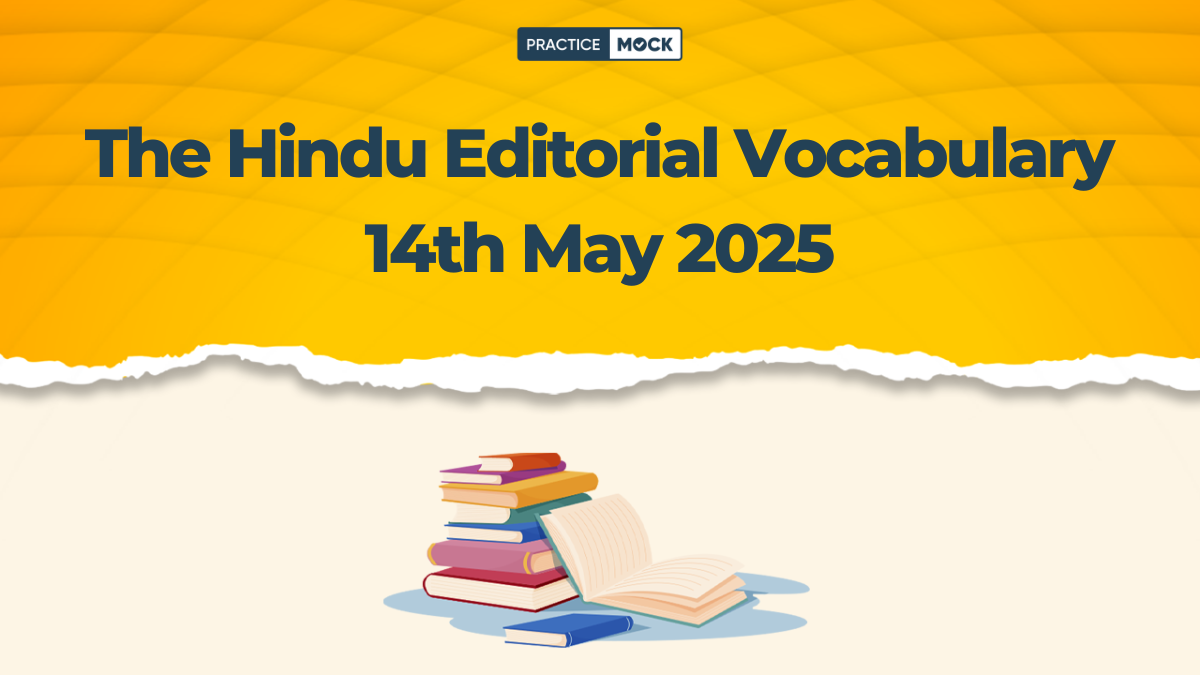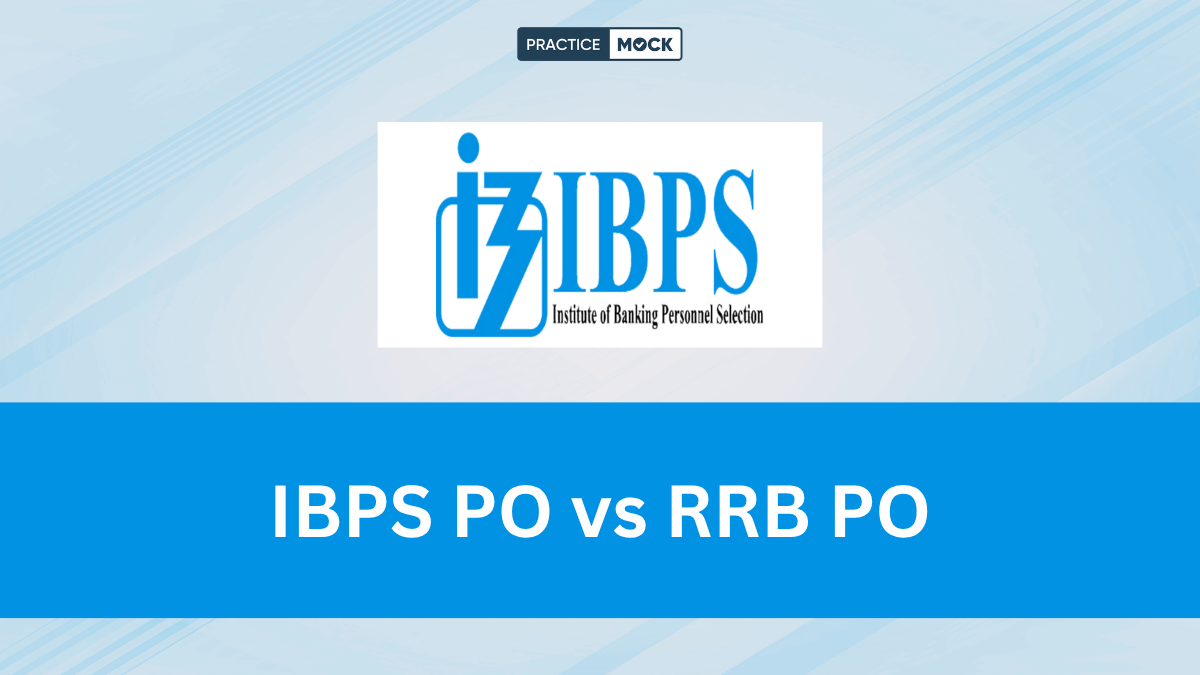

| Difficult Word/ Phrase | Contextual Sense |
| Set off | Provoke or stir up |
| Sectarian | Of or relating to or characteristic of a sect or sects |
| Persecution | the act of treating somebody in a cruel and unfair way, especially because of their race, religion or political beliefs |
| Animosity | A feeling of ill will arousing active hostility |
| Drum up | Bring together people for a common purpose or generate support a particular action |
| Hardliner | A conservative who is uncompromising |
| Insurgency | An organized rebellion aimed at overthrowing a constituted government through the use of subversion and armed conflict |
| Porous | Allowing passage in and out |
| Blasphemy | behaviour or language that is offensive or shows a lack of respect for God or religion |
| At the Forefront | in a leading position |


Terror in Peshawar: on Shia mosque attack
Islamist terrorists are seeking to set off (Provoke or stir up) a Sunni-Shia sectarian (Of or relating to or characteristic of a sect or sects) war in Af-Pak region
The suicide attack at a Shia mosque in Peshawar, killing at least 62 people, is a grave reminder of Pakistan’s growing security challenges after the Taliban’s return to power in Afghanistan and the continued persecution (the act of treating somebody in a cruel and unfair way, especially because of their race, religion or political beliefs) that the Shia minority is facing in the Af-Pak region. This was the deadliest attack in Pakistan since the 2018 bombing of Quetta, killing 149 people. The Islamic State terrorist organisation, which has carried out a number of suicide attacks in Afghanistan ever since the Taliban captured Kabul in August 2021, has claimed responsibility for the bombing. The IS’s sectarian animosity (A feeling of ill will arousing active hostility) towards the Shias is well-known. In Iraq and Syria, the IS has carried out systematic attacks against the Shias, who they call “rejectionists” of Islam just because they belong to a different branch of the faith. In Afghanistan, the IS-Khorasan has targeted religious minorities such as Shias and Sikhs. They use sectarian attacks to drum up (Bring together people for a common purpose or generate support a particular action) support for their murderous ideology among Sunni hardliners (A conservative who is uncompromising). Earlier in Afghanistan, the IS-K was confined to the eastern province of Nangarhar. But the complete breakdown of security in the last phase of the Taliban’s insurgency (An organized rebellion aimed at overthrowing a constituted government through the use of subversion and armed conflict) and the collapse of the Islamic Republic of President Ashraf Ghani last year appears to have given the IS a fresh lease of life. The Peshawar attack suggests that the IS threat is now spreading across the porous (Allowing passage in and out) border to Pakistan.
Shias, who make up some 20% of Pakistan’s population, face growing sectarian violence by extremist groups and a state crackdown under the infamous blasphemy (behaviour or language that is offensive or shows a lack of respect for God or religion) law. The Ahl-e-Sunnat-Wal-Jamaat and Tehreek-e-Labbaik Pakistan, two hardline Sunni groups, have been at the forefront (in a leading position) of an anti-Shia campaign in the country. In July 2020, the Punjab Assembly passed a Bill (Tahaffuz-e-Bunyad-e-Islam) which supported only Sunni interpretation of Islam. Terrorist organisations such the IS are trying to exploit these existing sectarian hostilities by carrying out attacks on Shia mosques. What they want in Pakistan and Afghanistan is the same as what they have wanted in Iraq and Syria — a Shia-Sunni sectarian civil war. What makes the threat dangerous this time is the political change in Afghanistan. As the Taliban became the rulers of Afghanistan, the IS emerged as the main armed opposition to the Taliban. The Taliban’s relationship with the Tehreek-i-Taliban Pakistan (TTP, also called Pakistan Taliban) also makes the security situation complicated for Pakistan. Islamabad supported the Afghan Taliban to capture power in Kabul. The Afghan Taliban back the TTP, their ideological brethren, who are fighting Pakistani forces. As the security situation remains fragile in the Af-Pak region, groups such as the IS are swiftly pushing their terror agenda. The Peshawar attack should serve as a warning to Pakistan, which sees the wheel of jihadism returning. If it does not check the widespread anti-Shia narrative and find a way to tackle the security challenges posed by both the TTP and the IS-K, its borderlands could once again turn to anarchy and sectarian bloodletting.
Want to improve your vocabulary further? Download the Lists of Word-Meanings of Previous Months here.
Recent Posts
RRB NTPC Application Status 2025 Out, Check Your Application Status
The RRB has released the RRB NTPC Application Status 2025. In this blog, we have…
How to Prepare Quant for IBPS PO 2025 Prelims Exam, Check Strategy to Score 30+ Marks
Here we are providing the strategy to prepare the Quant section for the prelims exam.…
IBPS PO Eligibility Criteria 2025, Check Bank PO Age Limit and Educational Qualification
IBPS PO Eligibility Criteria highlights eligibility for the post of probationary officer at a public…
IBPS Clerk 2025 Notification in October, Check Exam Date
The IBPS Clerk Notification 2025 will be released on their official website. Candidates can check…
Medieval History of India PDF for SSC CGL, Download for Free
In this blog, we have provided the Medieval History of India PDF for SSC CGL.…
DI Expected Questions for RRB PO 2025, Check How to Solve It Easily?
In this article we are providing the 100 + DI Repeated Questions for RRB PO…


